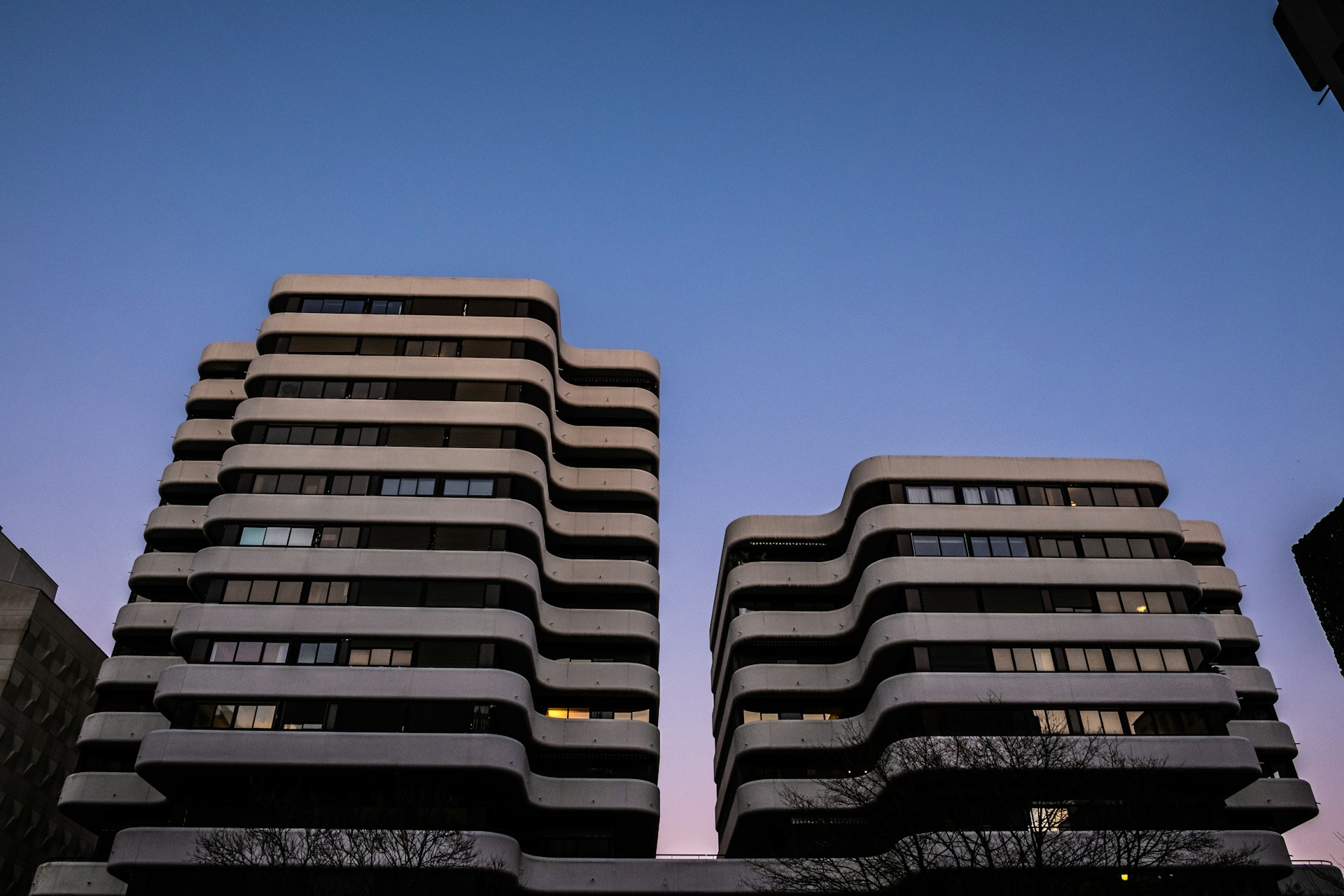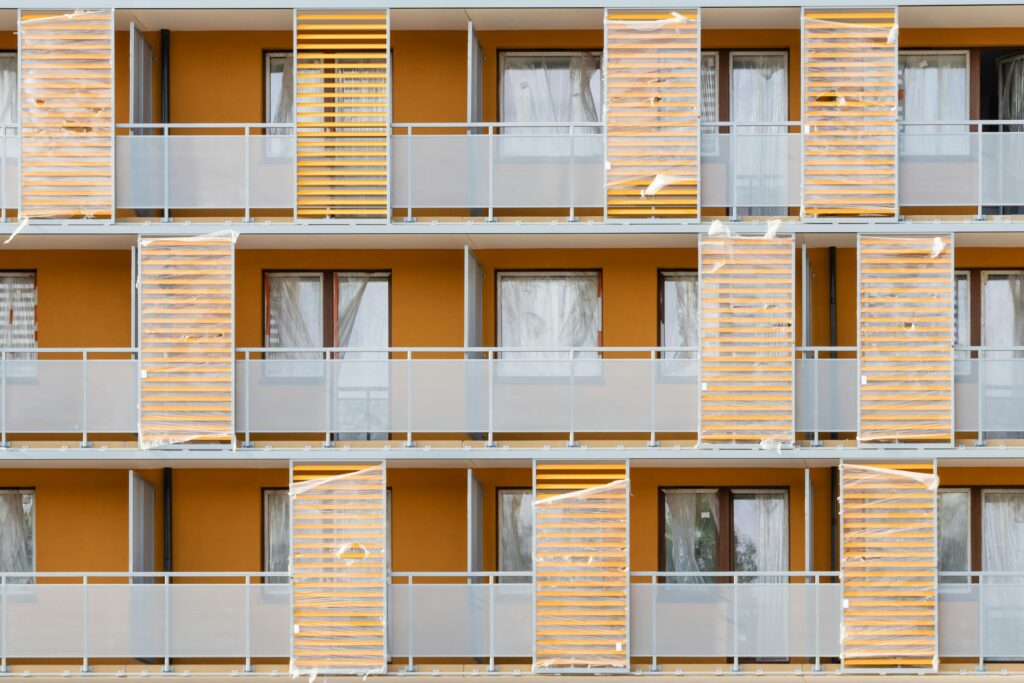High Service Charge on Flats: Does This Affect Selling?

Estimated reading time 6 minutes
With the current cost-of-living crisis making everything seem a little more challenging than normal, leasehold flat owners are no doubt bracing themselves for whether their service charges are likely to rise again. A report from the BBC in May 2024, showed that one group of residents had found their service charges had risen to more than 4 times their original value since 2016. What started as an annual service charge of £900 was now set at £4,300. Rises such as this very quickly become unaffordable, especially with the slow rise in wages and the other rapidly escalating costs we are enduring. The problem is two-fold though. Residents are finding themselves prisoners. Unable to afford these high charges, they look to sell, but with such high costs, buyers are looking elsewhere. In this edition of our blog, we look at the high service charges and whether they are having an impact on selling flats.
What are service charges for flats?
A service charge is a fee paid by the leaseholders to cover the running costs and maintenance costs of shared areas in a block of flats. For example, if you have shared garden space, lifts, bin yards, and communal areas, they will all require a degree of upkeep to help them remain looking good and functioning as they should. It becomes the responsibility of those living within the properties to contribute towards these costs. The service charges also help to cover the costs of specialised services for the building such as its security features. It should be noted that these are not the security features for your home but for the block of flats itself. It would be your responsibility to install any features within your home that you believe suitable.
In most cases, flats are leaseholds where a freeholder owns the building and the land it sits on. This means that whether you rent or buy your flat, you will still be required to pay the service charge as you cannot become the freeholder.
One common misconception is that service charges are the same as ground rent. They are not. A ground rent is the charge issued by the freeholder for the homeowner to, in effect, rent the space the flat sits upon. No actual service is provided when paying this charge and there is no obligation for the freeholder to charge it. In fact, since 30th June 2022, anybody buying a new long residential leasehold property in England or Wales no longer needs to pay ground rent. The service charge, on the other hand, is a fee paid to receive a service in exchange.
You may often see listed as a service charge, something known as a reserve or sinking fund. This is where contributions are made by the leaseholders to cover any unplanned maintenance or significant repairs. This would be a separate charge to the standard service charge as they are normally for pre-determined work that is set to be carried out throughout the year. You may pay into a sinking fund, and it might not never be used, unfortunately, if you sell your flat, you cannot claim back your share of the unspent money.
Why do high service charges make it hard to sell a flat?
Service charges are based on the property type, its size and its location. This means you can often see a service charge of just a few hundred pounds a year. In many cases though, as seen in the story we mentioned in the intro, it can run into thousands. It has been estimated the average service charges being paid at present are between £1,000-£2,000 throughout the UK with London tending to be the most expensive. Perhaps worth noting was that the property in the story we referenced earlier was in Peterborough.
Mortgages are becoming harder to get at the moment. The lack of affordability has pushed many people to make extreme decisions, and in some cases, the monthly payment is the maximum expenditure they can realistically afford. When they see the service charge it pushes the property beyond their means leaving the current leaseholder with the problem of trying to sell an unsellable house. This can then leave the property market in a form of stasis or see people have to broaden their search for somewhere affordable to live. We either end up with people stuck in homes they can no longer afford, or we see areas slowly depopulate as serious decisions need to be made.
Luckily, you can challenge the service charge for your flat, and if successful have a better route to sale as suddenly affordability becomes much more attractive for potential buyers.
How can I challenge the service charge on my flat?
If you feel the high service charges for your flat are stopping the possibilities of a sale, you could opt to appeal them. You can file a case with the First Tier Tribunal Property Chamber, illustrating why you think your charges are too high. You’ll need to show what they are, what you get for them and any evidence of whether the work is being done, is necessary or warrants the charge. This will then be reviewed, and if the fees are seen to be too high, the freeholder will be asked to reduce them. The reduction could be significant and make selling your flat become much easier, the reduction may also be relatively small if the tribunal thinks that only a minor change is necessary. Unfortunately, you could also lose this appeal and have to not only bear the burden of the high service charges for your flat but also the legal costs of appealing them.
This leaves you in that tricky situation where neither verdict may do you any favours. Let’s assume you are successful. The property market may have changed and now there are fewer people interested in your property. Let’s assume you are not successful. You are now stuck with high costs and the possible debt of all the legal fees. There is another solution that may help you move on faster and walk away from high service charges.
A cash house buyer like Bettemove enables you to sell your flat fast without the millstone of costly fees, long delays and the risk of a chain break. This not only frees you from the costly service charges of your flat but helps you to avoid the legal processes of appealing the service charges. Our quick sale process enables your home to be sold within as little as thirty days. Contact our team today to find out more.



